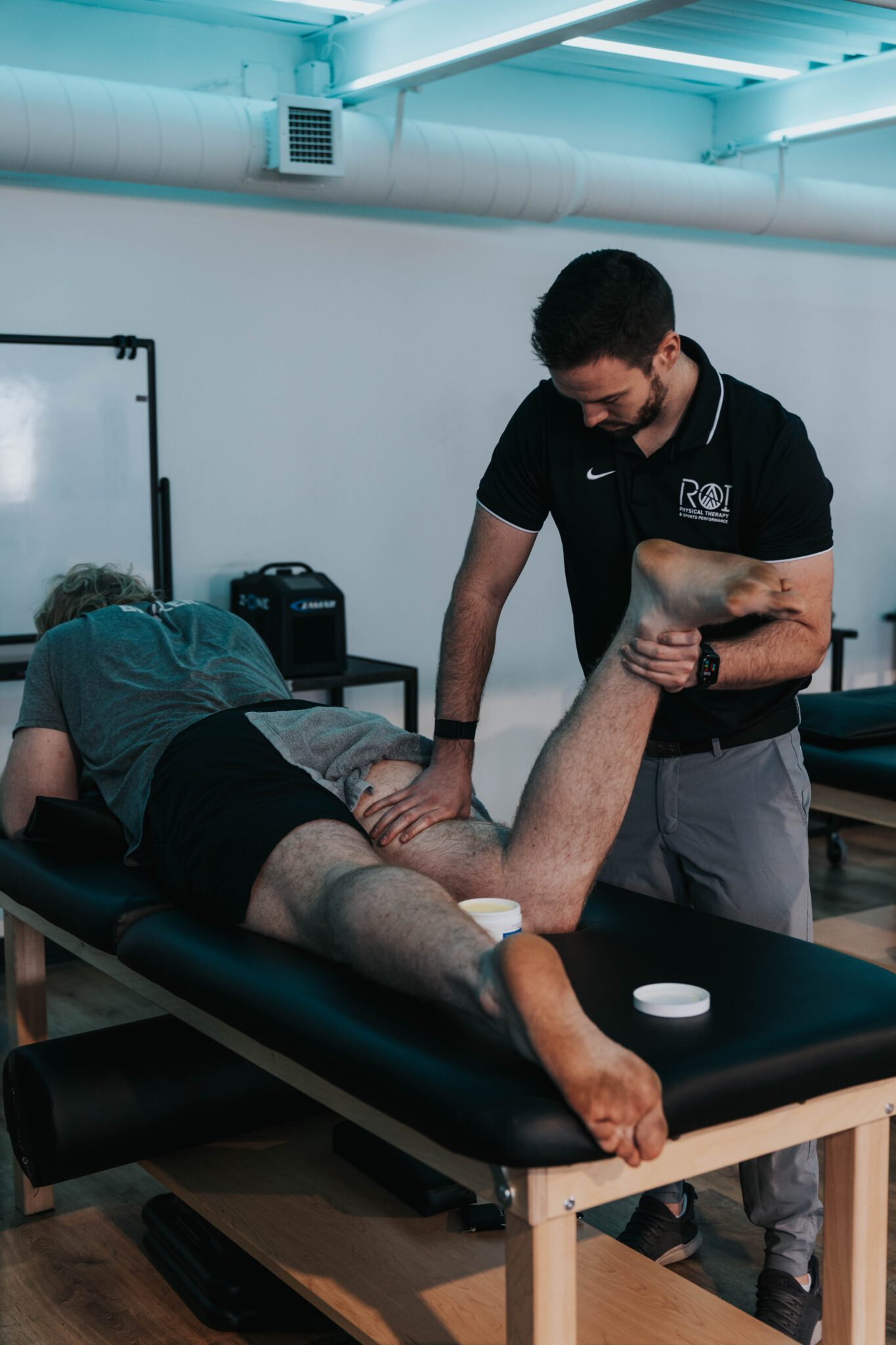Consider some of the best athletes of all time. Michael Jordan—6-time NBA champion and 5-time MVP—was known for his unparalleled competitiveness and athleticism. Wayne Gretzky, one of the greatest hockey players of all time, holds NHL records for goals and assists. His agility on the ice made him a standout athlete. With 23 Grand Slam titles, Serena Williams dominated the world of women’s tennis; her incredible power helped her achieve greatness on the court. While many well known, accomplished athletes happen to be blessed with natural talents, they also worked hard to sharpen their skills through training.
Athletes of all skill levels can work to improve in their sport. One way for athletes to do this is to partner with a professional trainer, following a program that is tailored to their skillset, strengths, and goals. An athlete evaluation is a process in which a trainer assesses an athlete’s abilities, skills, and potential. Information gathered from an athlete evaluation can be used to create a customized training program. Athletic training that is tailored to an individual can help an athlete to reach his or her full potential. Trainers assess a number of different things when evaluating an athlete. Read on to learn about what trainers look for at athlete evaluations:
Get physical. Trainers will often assess an athlete’s overall fitness level by examining strength, power, endurance, and flexibility.
- Strength: Getting a baseline idea of an athlete’s strength can help a trainer in a thorough assessment. This can be through weightlifting exercises such as deadlifts, bench presses, and squats, and utilizing Force Plates for sports science metrics by measuring an Isometric Mid Thigh Pull (IMTP). At ROI, the focus is on functional strength training that is key to an athlete’s specific sport. Rather than just increasing the amount of weight an athlete can lift over time, trainers at ROI work with weights to increase performance for a particular sport.
- Power: Power is the amount of force produced over a set period of time. All sports require an athlete to perform some kind of power output for sport-specific actions. Trainers can assess an athlete’s power by having them perform exercises that require them to generate force like vertical jumps and utilizing Force Plates to assess numerous jumping and landing metrics. At ROI, trainers work with a Sports Science Lab Plio machine and plyometrics to help athletes achieve an overall faster rate of force development.
- Endurance: Athletes may be assessed for endurance by performing and maintaining a high level of activity for an extended period of time. Evaluating an athlete while running, pace held, heart rate, rate of perceived exertion, and time to return to specific heart rate ranges are ways to measure endurance.
- Flexibility: Trainers can assess flexibility by both active range of motion and passive range of motion testing. The distance that an athlete’s joint can move through its full range of motion can be measured in these flexibility tests. Athletes may also do different stretches to assess flexibility. At ROI, trainers implement comprehensive joint training in the form of functional range conditioning, which optimizes the body to perform at peak levels of mobility and control.
Be specific. Sport specific training is designed to help athletes to improve and excel in their particular sport. An athlete may be evaluated on certain technical skills that are part of their sport. These may include:
- Throwing
- Catching
- Kicking
- Jumping
- 40-yard dash
- Short shuttle
- Swing
Focusing on the details of your sport can truly give athletes an edge. At ROI, some of the sport-specific programs offered include NFL combine training, baseball strength and speed programming, and golf assessment.
Tact and toughness. Trainers may also assess an athlete’s tactical skills and mental toughness. While these concepts may not have as much quantitative data as strength or power, they are essential parts of competition. Athletes may be assessed for their ability to read the game and to make instinctive game-time decisions. Trainers can also evaluate an athlete’s ability to stay focused under pressure and to handle adversity. Through training, an athlete can work to build these skills in addition to their physical fitness. Trainers can work to design drills and exercises that challenge athletes and help them to improve.
Character counts. An athlete’s character includes work ethic, sportsmanship, and leadership. These are qualities that can enhance any physical skills in athletic competition, and a trainer might assess an athlete’s work ethic and behavior through observing practice or games. As part of its NFL program, ROI works with athletes on professional conduct.
Why evaluate? Through evaluations, trainers can get a whole picture of an athlete’s skills, abilities, and potential. They can help athletes to identify areas for improvement and create a personalized training program that suits an athlete’s specific needs. There are a few more reasons for athlete evaluations:
- Recruitment: Coaches at both college and professional levels often use evaluations to identify top recruits for their teams.
- Rehabilitation: Athletes who have suffered an injury can use evaluation data to help assess progress and promote healing and a return to sport.
ROI can help. ROI offers services and programs that can be customized to every single athlete. Trainers at ROI take pride in getting to know an athlete and developing a program to achieve the best results possible.
What can ROI help you achieve? Learn more about the services offered at our website, or reach out by calling 512-962-9141.

